Floyd Dominy, "Nature is a pretty cruel animal."
"A wild river was an insult to man's capacity to
modify his environment."
p. 240
Rene Dubos, a "gardenlike earth" and an improvement of nature.
Europe "An orderly arrangement of farmlands, pastures, and wooded areas."
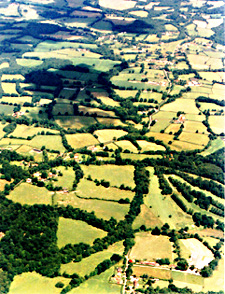
"if wilderness is a state of mind, why not proxy environments...?"
p. 241
Wild areas are "fundamentally alien to our biological nature"
"Most people prefer "landscapes which have been modified by human
intervention."
"the earth"s surface will be ...humanized"
p. 242
America's natural
heritage | John Muir | Premises | Critics | Elements of a Philosophy | Continuum | Leopold's
importance
"the modern case against wilderness deserves more scrutiny....
Robert Wernick's editorial is representative of the belief that civilization as a beneficent tide that our hardworking ancestors extended over the Earth."
"Believing that civilization is an unalloyed good, Wernick's advice is .... Humans should 'look after our own interests as best we can, and no more consider the feelings of the eagle and the rhinoceros than they consider ours.' If such a policy means the end of wild animals.... today's wilderness will and should give way to civilization."
p. 239.
Compare to Stegner for common ground.
Eric Julber and the argument for access to wilderness comfortably
and conveniently.
"a small wealthy young and leisured elite."
p. 243
Elements of a wild philosophy
Benton McKaye
a place to catch one"s breath, take one"s bearings
Sigurd Olson stabilizer and sustainer, solitude
J. Frank Dobie balance in the human psyche and nourish animal spirits
pp. 245-246
|
|
|
| The Grand Teton Mountains, National Park, Wyoming |
Chicago Tribune & Wrigley Buildings |
GARY SNYDER
"on the spectrum between the wild and
the civilized."
p. 246
"inscrutable, inhuman and indifferent" lands
pp. 268-69
Edward Abbey
"this
fearsome land....Enter at your own risk."
p. 269
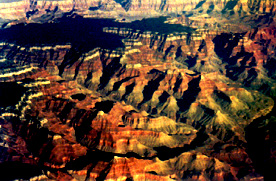 "Wilderness
is an entirely human concept, an invention of civilized man."
"Wilderness
is an entirely human concept, an invention of civilized man."
p. 270
"If wilderness is to exist its surely needs the protection
of a self-restraining civilization."
p. 271
Grand Canyon National Park, with the Kaibab Plateau in
the background. [JVS, 2002]
Elements of a Wilderness Philosophy:
A philosophy is a belief in a set of values
because these principles give meaning and purpose to ones behavior, ground
one's actions in defensible authority, and maintain some amount of responsibility
for our actions.
America's natural
heritage | John Muir | Premises | Critics | Elements of a Philosophy | Continuum | Leopold's
importance
Wilderness continuum:
A spectrum of arguments for wild country
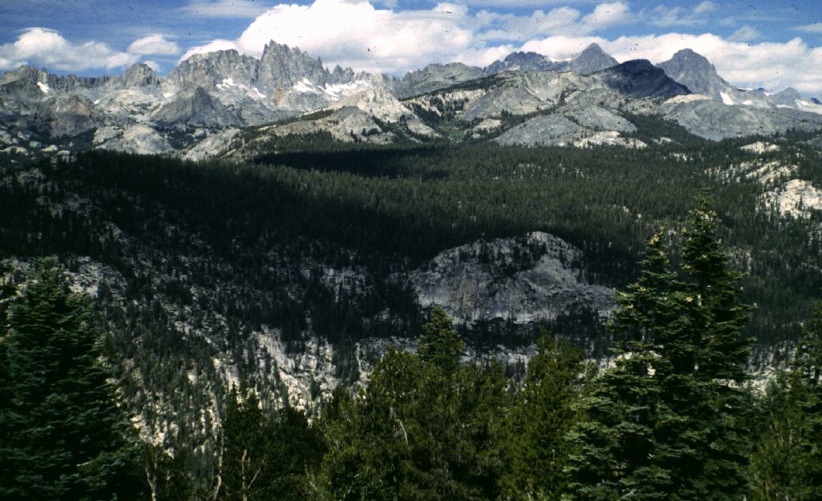 |
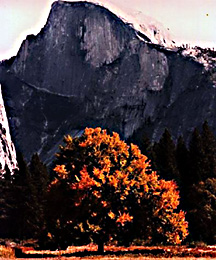 |
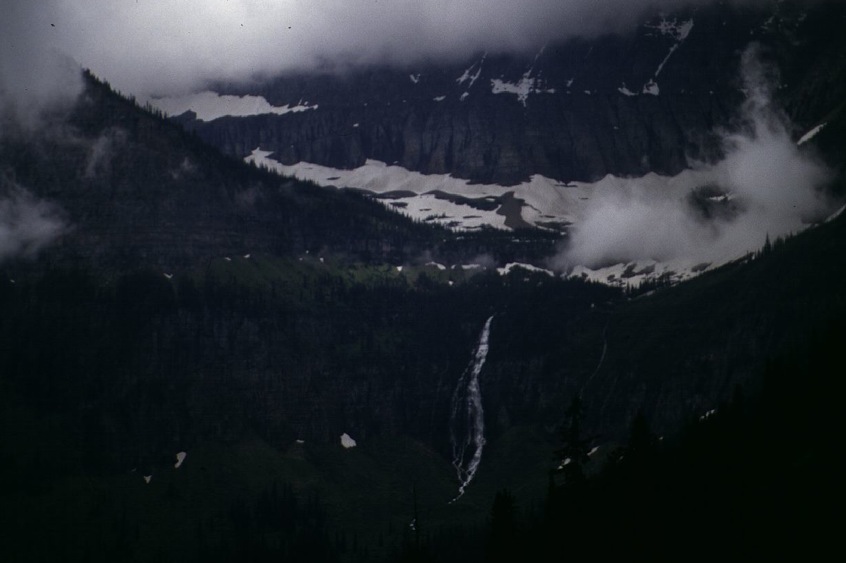 |
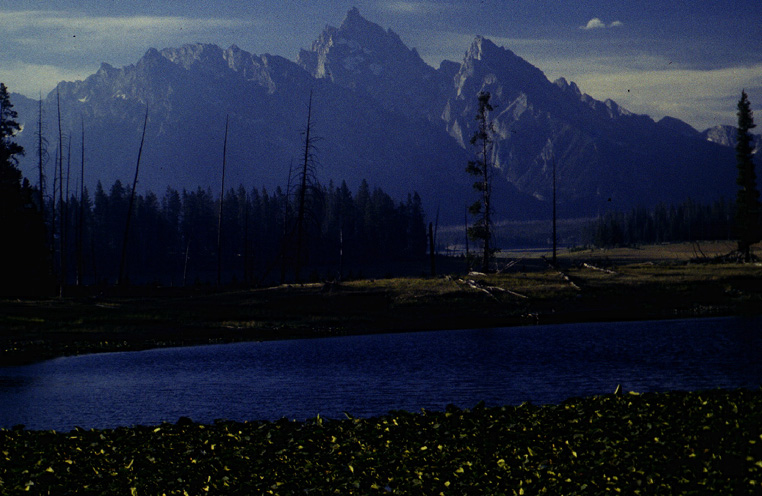 |
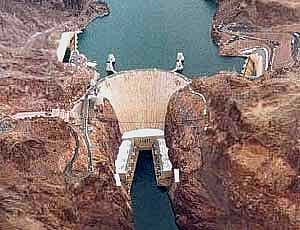 |
| Raw |
refined |
improved
|
civilized |
Altered |
|
Marshall
|
Muir
|
Dubos
|
Julber
|
Dominy
|
Leopold on leisure and a land ethic

|
|
Preservation
|
|
Conservation
|
But natural conditions are not static
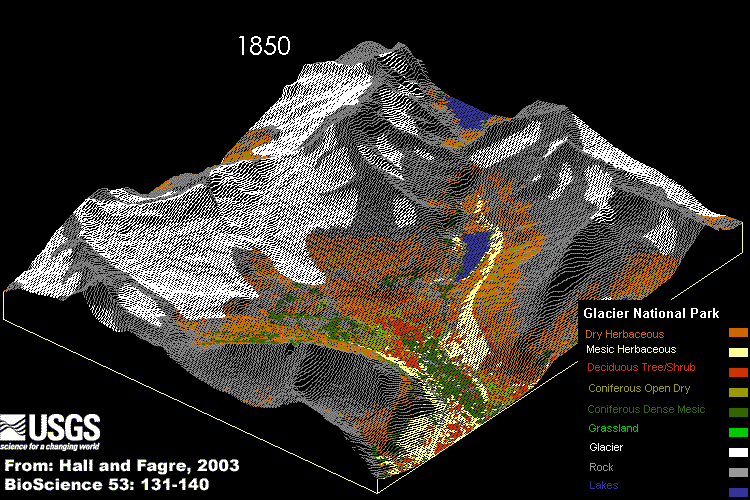
According to the authors, each advocate of preserving wilderness
had a different orientation about the importance of wildlife, fisheries and
vegetation. One way of considering the importance of each of these facets
of wild natural areas is that fisheries, wildlife and vegetation all affect
one another and the environment creating, maintaining or altering biological
wealth.
America's natural
heritage | John Muir | Premises | Critics | Elements of a Philosophy | Continuum | Leopold's
importance

Biological wealth is the accumulation of natural
capital by bacteria and plants fed by the earth and sun on which animals
and fungus and other bacteria thrive. Tangible forms of biological wealth
include, but are not limited to:
Shade trees,
Wetlands for flood control,
Vegetation, rivers and topography acting as scenery,
Watershed and the value of forests to springs,
Soil as a growing medium for plants or cavities for animals,
Rivers as a means of sustenance, transportation
and travel
Animals as sources of attraction, entertainment or pleasure,
Remote landscapes as sources of challenge or solitude,
America's natural
heritage | John Muir | Premises | Critics | Elements of a Philosophy | Continuum | Leopold's
importance
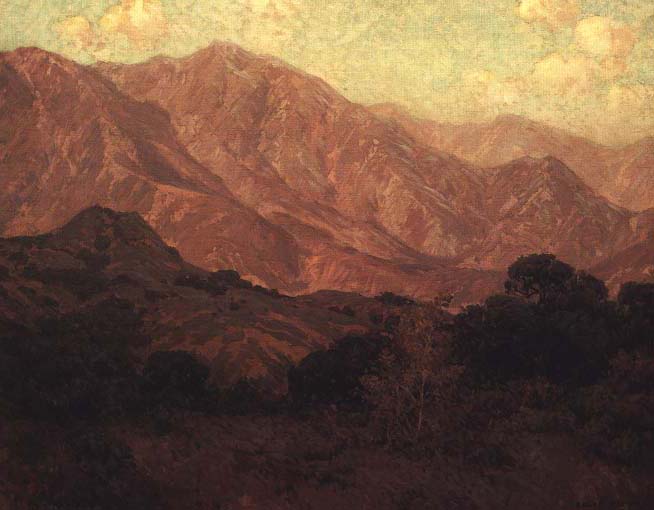

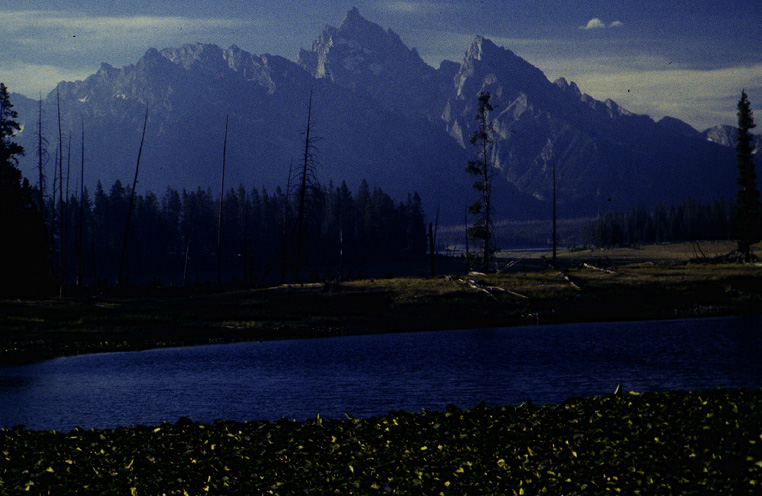
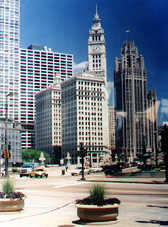
 "Wilderness
is an entirely human concept, an invention of civilized man."
"Wilderness
is an entirely human concept, an invention of civilized man." 



